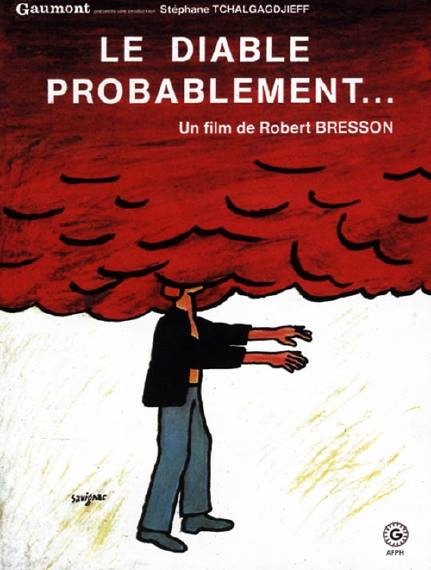Cimatheque February Screening Programme
Cimatheque February Screening Programme
Mildred: Hey Johnny, what are you rebelling against?
Johnny: Whadda you got?
Marlon Brando as Johnny Strabler in The Wild One Laszlo Benedek, 1953)
Some of cinema's most unforgettable stories are triggered by a sudden rupture in the characters world, leading to an irrevocable sense of loss, paranoia, and the malaise of being tossed aside as an outcast on society's lowest rungs. But things get truly interesting when those same outcasts are forced to engage with the world and the rebelliousness that ensues-be it political, cultural, or rebellion for its own sake-is monumental, as depicted in Benedek's classic film on outlaw bikers.
This month we have selected films that speak to a general feeling that we are all misfits somehow, or outsiders of one stripe or another. They each communicate a sense of urgency, presenting a series of provocations: exasperating but also fun and timely experiments, centering the experience of characters that feel they have been cheated out of something by the system.
The melodrama of adolescence takes center stage, as in the dystopian Battle Royale from the uncompromising Kinji Fukasaku and Le diable probablement (The Devil Probably) by the equally visionary Robert Bresson. Adolescence acts as an allegory for major societal upheaval and the inability to keep up with profound change-or, in some cases, individuals deeply out of step with their time. Consequently, the looking glass version of youthful disillusionment is the middle-aged obsession with youth and all its hopes as depicted in Tony Manero, wherein the titular character attempts to disappear entirely into the handsome world of discos and ridiculously shiny outfits-a vision that ends up cannibalizing itself, as the film so skillfully reveals
Documentaries that explicitly trace this feeling of displacement and contusion within the larger context of an everchanging and unforgiving society also form a crucial part of this month's screenings. Let the Fire Burn provides a searing portrait of a completely neglected side of American history-the government's sidelining of politically engaged radicals to the point of violent death. On the other hand, Mohamed Soueid's beautiful My Heart Beats Only For Her attempts to trace the under-documented Student Brigade of the Fatah movement, as told through the generational divide between father and son, both of whom must come to terms with the dispersion of their hopes and dreams.
